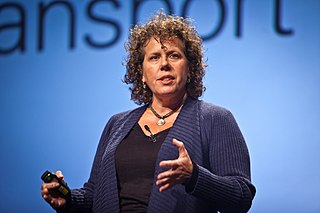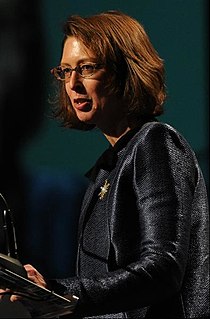A Quote by Peter Thiel
The big challenge with Internet financial services has been that it's very difficult to get large numbers of customers to sign up for your service.
Related Quotes
I have been an organizer and then activist and a legislator, all of that. But then there's this big gap after I advanced in Congress and ended up as the ranking member of financial services committee. It took me into the financial services issues and Wall Street and Dodd Frank. And it took me away from the things that I did years ago.
In the Internet world, both ends essentially pay for access to the Internet system, and so the providers of access get compensated by the users at each end. My big concern is that suddenly access providers want to step in the middle and create a toll road to limit customers' ability to get access to services of their choice even though they have paid for access to the network in the first place.
Because of the Internet's open platform, entrepreneurs have started small businesses, innovators have created online services, and webcasters have produced a diversity of news-information sources. We must make sure that winners and losers are decided by the marketplace and not your Internet service provider.



































